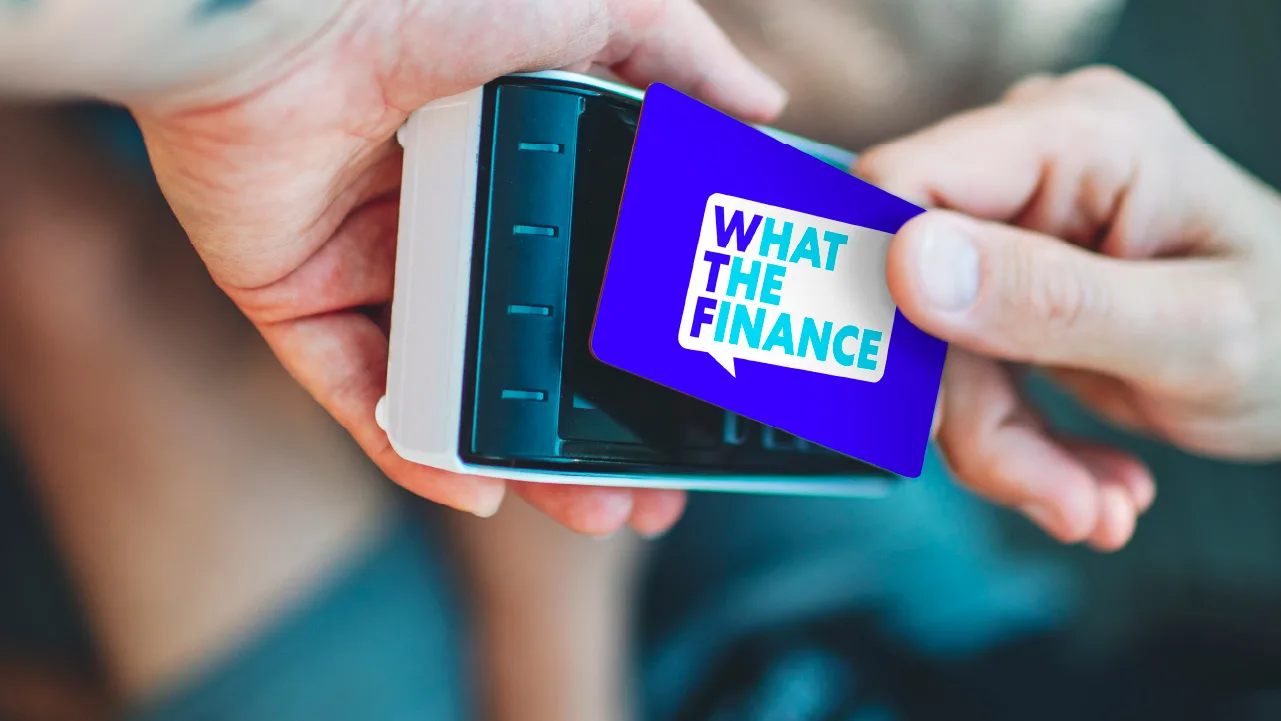At Achieve, we're committed to providing you with the most accurate, relevant and helpful financial information. While some of our content may include references to products or services we offer, our editorial integrity ensures that our experts’ opinions aren’t influenced by compensation.
Everyday Finances
WTFinance is good debt vs bad debt?
Sep 20, 2023
Written by
Reviewed by
It’s one thing to save up for a new laptop and quite another to pay cash for a home. Most of us take on debt in some situations, and that’s ok. In the world of personal finance, debt’s virtue is usually somewhere on a sliding scale.
Most homeowners use a mortgage to buy their home. But that laptop? There isn’t a cut and dry answer to that one.
The important things to learn are how to decide whether a debt is one you want to live with and how to prioritize paying off the debts you have.
So let’s look at good debt vs bad debt and the clues that will help you decide.

What is good debt?
Here's the tl;dr answer. Good debt could help you reach a bigger financial goal.
In other words, good debt may help you do something positive with your money. Here are a few examples of when debt could be considered good:
You want to go back to school for a career that has a starting salary of $80,000 to $90,000. The degree costs around $40,000. You pay your way through with student loans and once you graduate, you land a job in that pay range, which is twice your current salary.
You want to enclose your patio and turn it into a guest room. You’ll also add a new bathroom. You borrow $70,000 for the remodel. When it’s done, your home’s appraised value immediately goes up by $50,000, and you get to invite family to visit as often as you like. You feel content that you were able to improve your quality of life for less than the price of a bigger, nicer home. And you can recover much of your investment if you decide to sell the home.
You have credit card debt at very high interest rates and you want to get rid of the existing balances. You take a personal loan to pay off your credit card debt, and your interest rate is cut in half. You’re able to pay off your credit card debt faster than you thought you would.
These scenarios all have you coming out better than where you started, even though you took on debt to do it.

What is bad debt?
Bad debt is debt that doesn't add value to your financial life or outlook. You can end up with bad debt as the result of poor financial habits or an emergency situation that you can't cover with cash. Bad debts are more expensive than good debts.
Here are a few examples of bad debts:
High-interest credit cards—and you can’t pay off the balances every month
Debt for something that immediately loses value
Debt for luxury items
Prohibitively expensive debt that’s hard to pay off, like payday loans and most title loans

Tips for managing good vs. bad debt
No matter what kind of debt you have, you’ll need to know how to manage it. Here are a few pointers for staying on top of your debt situation.
Pay off debts with the highest APR first to save more money on interest.
Consolidate high-interest debts with a personal loan if you can get a lower interest rate.
Make on-time payments to build and maintain a healthy credit profile, because that can lower the cost of your debt the next time you apply.
Not sure which way to turn with debt? Talk to a professional debt counselor who can help you find the best solution if you're feeling overwhelmed.
Author Information
Written by
Rebecca is a senior contributing writer and debt expert. She's a Certified Educator in Personal Finance and a banking expert for Forbes Advisor. In addition to writing for online publications, Rebecca owns a personal finance website dedicated to teaching women how to take control of their money.
Reviewed by
Kimberly is Achieve’s senior editor. She is a financial counselor accredited by the Association for Financial Counseling & Planning Education®, and a mortgage expert for The Motley Fool. She owns and manages a 350-writer content agency.
Related Articles
Compound interest is a two-sided coin. Good for your savings, bad for your debts. Find out more here.
If your bills are getting out of hand, debt relief is one way to take control of your finances and defeat your debt.
These subtle (and not so subtle) red flags could be signs that you’re falling into a debt trap. Read more.



